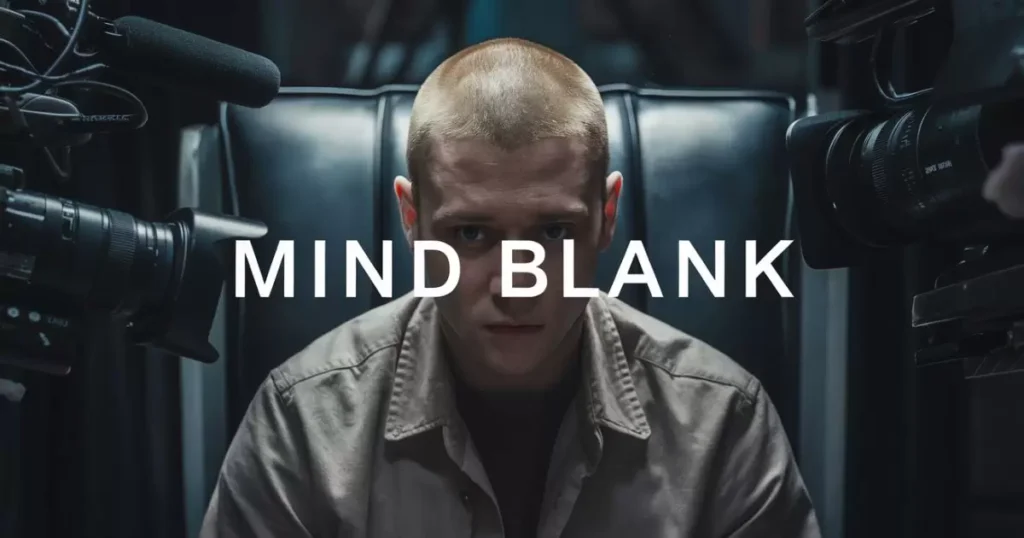Everyone has those moments when their mind suddenly blanks out, and they forget something obvious or make a silly mistake. The term “brain fart” humorously describes these lapses in memory or judgment.
However, there are many other ways to express this concept that can be more appropriate or creative, depending on the situation. In this blog post, we’ll explore various alternative phrases you can use instead of “brain fart.”
1. Mental Lapse
Scenario: Describing a brief moment of forgetfulness.
Examples:
- “Sorry, I just had a mental lapse and forgot what I was going to say.”
- “That was just a mental lapse; let me start over.”
Explanation: “Mental lapse” conveys a temporary failure in memory or concentration.
2. Memory Blip
Scenario: Indicating a short, unexpected gap in memory.
Examples:
- “I had a memory blip and couldn’t recall your name for a second.”
- “It was just a memory blip—I know the answer.”
Explanation: “Memory blip” suggests a brief, unintentional memory failure.
3. Mind Blank

Scenario: Describing a moment when your mind goes completely blank.
Examples:
- “I had a total mind blank during the presentation.”
- “Apologies for the mind blank; I lost my train of thought.”
Explanation: “Mind blank” directly describes a situation where thoughts temporarily disappear.
4. Slip of the Mind
Scenario: Referring to forgetting something temporarily.
Examples:
- “It was a slip of the mind; I’ll remember next time.”
- “I had a slip of the mind and left my keys at home.”
Explanation: “Slip of the mind” conveys a small and temporary memory lapse.
5. Mental Block
Scenario: Describing when your brain refuses to produce the needed information.
Examples:
- “I’m having a mental block with this puzzle.”
- “There’s a mental block preventing me from recalling the details.”
Explanation: “Mental block” implies an inability to think of something specific.
6. Brain Freeze
Scenario: Indicating a moment when your brain stops working temporarily.
Examples:
- “I just had a brain freeze and couldn’t answer the question.”
- “Give me a second, I’m experiencing a brain freeze.”
Explanation: “Brain freeze” typically describes a sudden, temporary halt in thinking.
7. Mind Slip
Scenario: Referring to a momentary loss of focus or memory.
Examples:
- “It was just a mind slip, nothing to worry about.”
- “That mind slip cost me the answer.”
Explanation: “Mind slip” is a gentle way to describe a small mistake or lapse.
8. Cognitive Slip
Scenario: When there’s a small error in judgment or memory.
Examples:
- “I experienced a cognitive slip and misread the instructions.”
- “That was a cognitive slip; I know better.”
Explanation: “Cognitive slip” conveys a minor error in thinking or memory.
9. Brain Glitch
Scenario: Referring to a temporary malfunction in thinking.
Examples:
- “I just had a brain glitch; let me try that again.”
- “There was a brain glitch, and I forgot your name.”
Explanation: “Brain glitch” humorously suggests a temporary malfunction in mental processing.
10. Mental Misfire
Scenario: Describing an incorrect or failed mental process.
Examples:
- “That was a mental misfire; I didn’t mean to say that.”
- “I had a mental misfire and blanked on the answer.”
Explanation: “Mental misfire” implies that your brain attempted to work but didn’t quite succeed.
11. Mind Fog
Scenario: Referring to a hazy or unclear thought process.
Examples:
- “I’m in a bit of a mind fog today, sorry.”
- “That’s just the mind fog talking—let me try again.”
Explanation: “Mind fog” suggests that your thinking is clouded or unclear.
Other Ways to Say “Thank You for Pointing This Out”
12. Mental Slip-Up
Scenario: When a minor mistake occurs due to a lapse in concentration.
Examples:
- “That was a mental slip-up on my part.”
- “I had a mental slip-up and misspoke.”
Explanation: “Mental slip-up” describes a small mistake due to a brief lapse in focus.
13. Momentary Lapse
Scenario: Referring to a brief period of forgetfulness or confusion.
Examples:
- “I had a momentary lapse and forgot where I put my keys.”
- “That was a momentary lapse, and I’ll correct it right away.”
Explanation: “Momentary lapse” suggests that the lapse in memory or judgment was very brief.
14. Brain Hiccup
Scenario: A small and temporary disruption in thought.
Examples:
- “That was just a brain hiccup; I’m back on track now.”
- “Excuse the brain hiccup—I lost my train of thought.”
Explanation: “Brain hiccup” humorously describes a tiny, temporary disruption in mental function.
15. Mental Fumble
Scenario: Describing a clumsy or awkward mistake in thinking.
Examples:
- “I made a mental fumble during the meeting.”
- “That was a mental fumble—I know what I meant to say.”
Explanation: “Mental fumble” suggests a clumsy or awkward mistake in thought.
16. Thought Gap
Scenario: Referring to a brief gap in your stream of thought.
Examples:
- “There was a thought gap, and I lost my place.”
- “I had a thought gap and forgot what I was going to say.”
Explanation: “Thought gap” describes a small interruption in your thinking process.
17. Mind Hiccup
Scenario: A small, brief error in mental processing.
Examples:
- “That was a mind hiccup—let’s move on.”
- “Sorry for the mind hiccup; I blanked out for a moment.”
Explanation: “Mind hiccup” suggests a minor, momentary disruption in thought.
18. Mental Detour

Scenario: When your thoughts veer off course unexpectedly.
Examples:
- “I took a mental detour and forgot what I was saying.”
- “That was a mental detour—I’ll get back on track.”
Explanation: “Mental detour” implies that your thoughts momentarily went off track.
19. Memory Fog
Scenario: Describing a situation where your memory is unclear.
Examples:
- “I’m in a memory fog and can’t recall the details.”
- “That was just memory fog; I’ll remember in a moment.”
Explanation: “Memory fog” indicates that your memory is temporarily unclear.
20. Brain Freeze
Scenario: Indicating a moment when your brain stops working temporarily.
Examples:
- “I just had a brain freeze and couldn’t answer the question.”
- “Give me a second, I’m experiencing a brain freeze.”
Explanation: “Brain freeze” typically describes a sudden, temporary halt in thinking.
Conclusion
“Brain fart” is a fun and casual way to describe those all-too-familiar moments of mental slip-ups, but there are plenty of other phrases you can use depending on the context.
Whether you’re in a professional setting or just want to mix up your vocabulary, these alternatives can help you articulate those moments when your brain temporarily misfires.
By choosing the right phrase, you can convey your momentary lapse in a way that fits the situation and audience.

Hi! I’m Lauren Reynolds, the author of Grammar Glides. I create easy-to-follow content that helps you master English with confidence. Let’s make learning English simple and enjoyable together!

